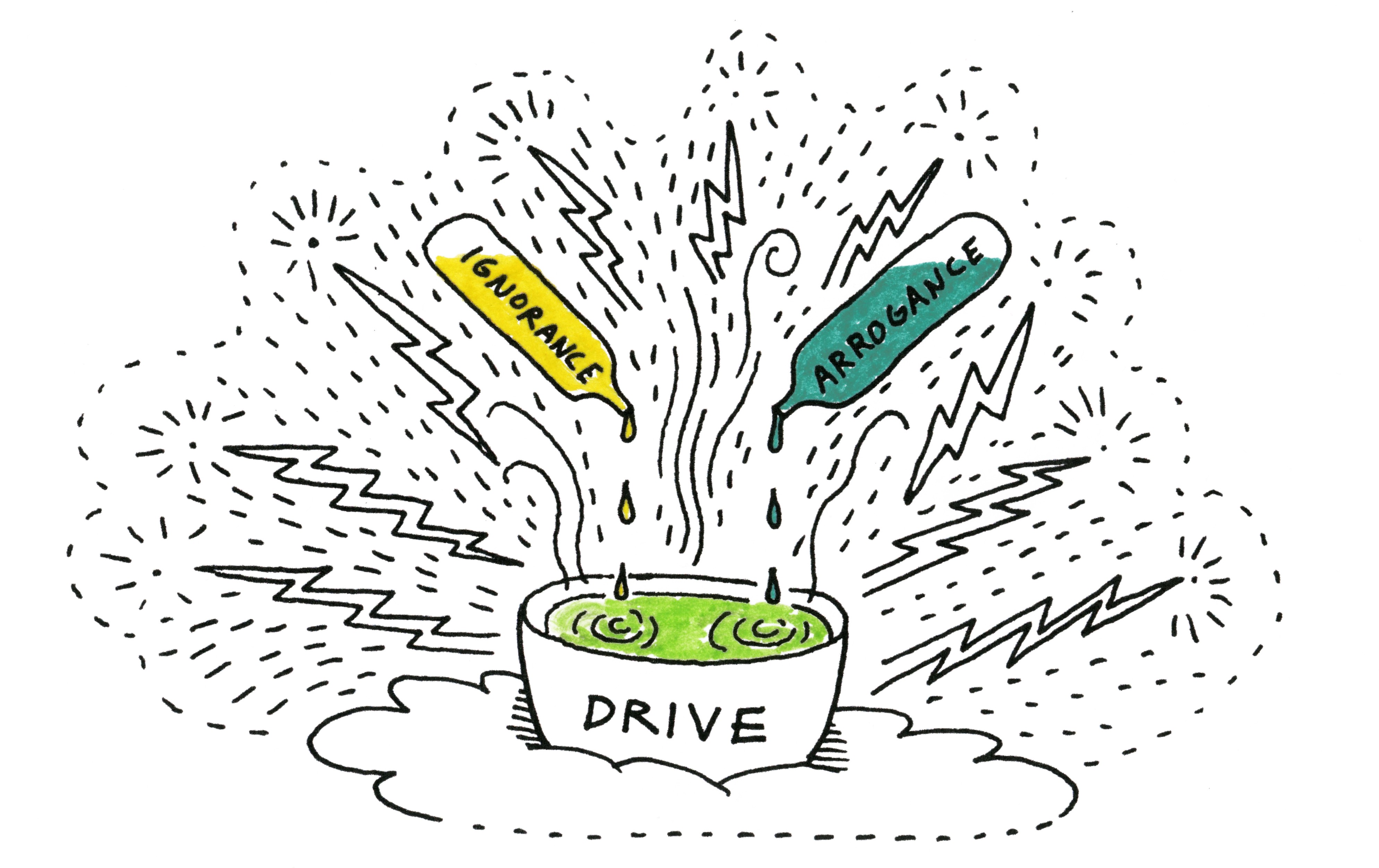You might have heard: The bigger the scope of your problem, the more rigorous your approach must be. It applies to projects and organizations alike.
It’s a correlation often associated with the notion of “getting away with something”. Like, you can get away with not having large, frequent status meetings because you’re still small, but when you grow, you’ll have to do it. So might as well start now!
But what if you don’t grow? What if you don’t want to grow? Adopting all the rigors of a supertanker when you’re sailing a rowboat doesn’t make for a better journey. It doesn’t mean supertanker rigor isn’t worthwhile for the supertanker, it just means it isn’t for you. Premature rigor can kill the spark long before it has time to start a fire.
This applies to all aspects of the endeavor: Policies, processes, metrics, and certainties. It’s so much easier to wing it, when all it takes to lift you up is a single gust of wind. But not only is it easier, it’s the right thing to do! You’re not cheating; there’s nothing to feel guilty about.
In fact, working without all the rigor required of a mega operation is a time to relish. It’s the time for play, fast moves, and fun excursions. You may well have to grow rigid and process-bound soon enough. Don’t be in such a rush to get there.
Because increased rigor and sophistication is generally a one-way street. Once you’ve set up all manners of systems, hired all the people, and taught yourself that this is the bar for proper work, there’s rarely a way back. Projects and organizations are supposed to grow like this, so unwinding feels like going backwards. Nobody likes to regress.
It’s kind of like growing up. I remember at times doubting whether finishing high school was worth it. I already knew computers, I already knew how to make money. Surely I could just get a job and really start living life…
Then my mom asked me: Why are you in such a rush? You literally have the rest of your life to work. Most people never go back to school. Take the time to live the present.
I didn’t have a good answer. So I let life run its natural course. Yes, annoyed with the math papers and the other high school subjects I didn’t find of interest, but also pleased by so many other opportunities and extracurricular activities that only that time of my life had to offer.
Think about that when you’re inclined to or offered a path to fast-track the rigor, sophistication, and complication of your project, organization, or life. Why the rush? Could it be that right now, right here, is a great place to be for now? It just might very well.
We’ve been growing Basecamp as both a company and a product with an eye to enjoying every phase for the past 12 years. Resisting the lure to rush bloating headcount or features. Yes, rigor slowly accumulates, but at a digestible pace. And when it gets too much, we try to hit restart and gather our best thoughts again. Basecamp 3 is such a reset, such a collection of best thoughts. Give it a try!



